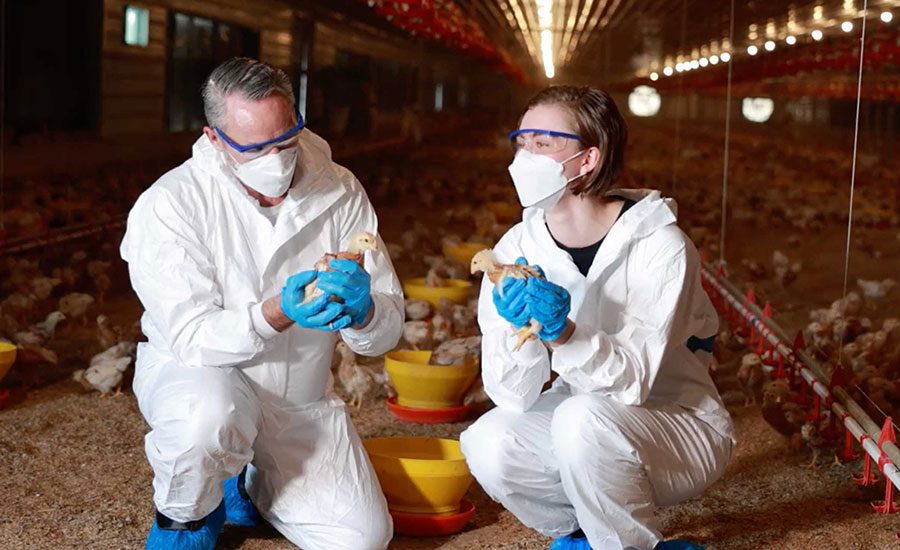In 2010, it was determined by the Congressional Budget Office that the U.S. Food and Drug Administration (FDA) would require $580 million from 2011 to 2015 to execute the demands of the Food Safety Modernization Act (FSMA). To date, Congress has allocated less than half of that amount to the cause, according to the New York Times.
“The food safety law is intended to change the FDA’s inspection system, which critics say provides inadequate oversight of the billions of pounds of food produced and eaten each year. The food safety system is spread out over more than 15 agencies, but the FDA is responsible for the bulk of what Americans eat.”
Michael R. Taylor, the FDA’s deputy commissioner for foods and veterinary medicine, told the Times that although there are still plans to move forward with enforcing the FSMA, “The problem is we don’t have the money.”
Who’s to Blame for the Lack of Funds?
Connecticut state representative Rosa DeLauro (D)--who played a key role in writing the food safety act--says that two parties are to blame: the White House, along with the FDA’s parent agency--the Department of Health and Human Services. Both entities attempted to “impose user fees on the food industry to help fund the law”. Such fees--paid by food companies--are used by the FDA for other programs. With much lobbying by the food industry, food safety fund requests that include user fees have been consistently rejected, even after representatives--including DeLauro--had previously warned the administration that funds including fee requests would not pass Congress.
It is also suspected that the current Republican-led Congress--notorious for cutting spending--will not allocate the funds requested by the FDA. What’s more likely to happen is that the agency will receive about half of their original request.
Repercussions
“If we keep shortchanging the FDA, it will continue to cost us billions of dollars a year to deal with food-borne illness,” says Ms. DeLauro.
Additionally, Taylor believes that a lack of money makes it harder to do a number of things--update and modernize the FDA’s food inspection process, retrain about 2,000 inspectors and other staff members, provide assistance to the states, and to oversee food imports.
What can be gleaned from all this information is one key point--the FDA's lack of funds to educate its staff on FSMA rules that need to be enforced could mean that the act will not be fully enforced as it was originally intended to be.






